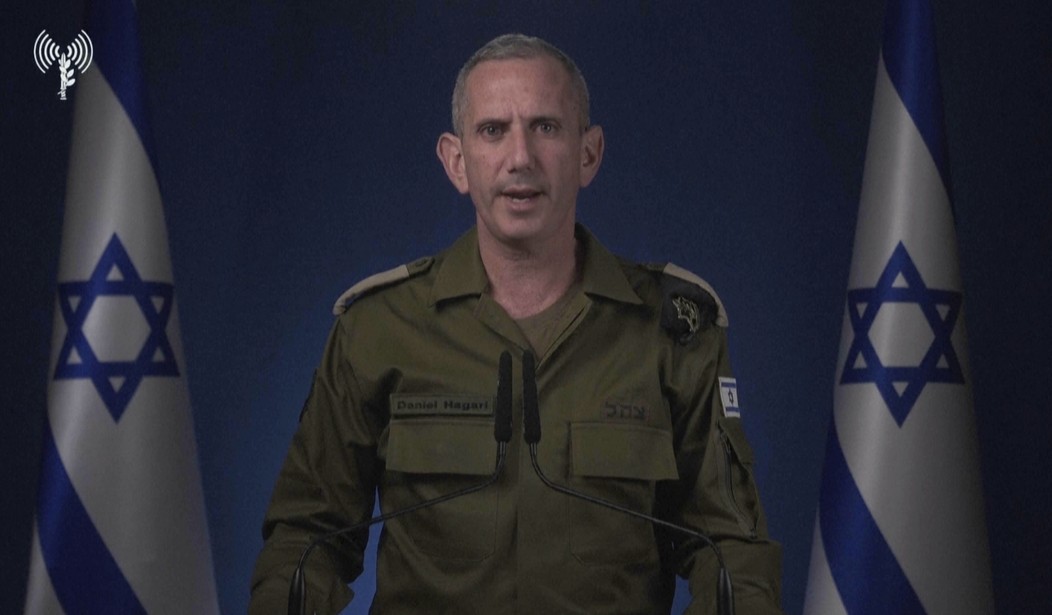It didn’t come with a vote. It didn’t come with a warning.
It came with a sound.
A shriek in the sky, somewhere above Tel Aviv. And then a thud that wasn’t thunder, though people said it felt like it. Far to the east, windows burst in Isfahan. People screamed. Dogs howled.
And in the space between disbelief and panic, war arrived.
Israel named it Operation Rising Lion. Iran didn’t bother naming it. It just started shooting back.
Before the sun climbed up over the mountains, Israeli fighter jets had already torn through parts of Iran’s nuclear program.
They hit Natanz and Arak, names long whispered in Western intelligence circles, with clenched teeth.
They didn’t just bomb buildings.
They took out command hubs. Real ones. Shiraz. Tabriz. Iranian air defense blinked.
Cratered.
The fog of war enveloped Iran. Reports and rumors appeared from nowhere. But one thing is for sure: Something big happened.
Global oil prices had leaped by 12%. American destroyers shifted position. European diplomats issued worried press statements that nobody read. The markets panicked. News anchors tried to catch up. Most of them didn’t.
But there was one man, quiet, deliberate, unflashy, who didn’t flinch.
Victor Davis Hanson.
He’d seen it coming.
The Historian Who Doesn’t Do Theater
For those who've never learned about him, here's a quick review.
Hanson doesn’t write tweets. He doesn’t grin for the camera. What he does is study. Wars, mostly. And how they end or don’t. He’s a senior fellow at the Hoover Institution, a farmer’s son, and a scholar of ancient battles and modern illusions.
He doesn’t romanticize anything. Not war. Not power. Not what’s required to keep a nation from disappearing.
Related: From Baghdad Bob to Tehran Tom? Iran Claims ‘Complete Control’ Over All of Israel
Months ago, Hanson said what nobody else would. That Israel wouldn’t sit forever. That Iran’s nuclear buildup wouldn’t be tolerated indefinitely. That one day, Israel would hit.
And that when it did, there could be no half-measures.
“If this war should end with the Iranian regime intact and the elements of its nuclear program recoverable... it will be all for naught.”
He didn’t say it for effect. He said it because history taught him something most politicians keep trying to forget: Wars don’t end when one side says so. They end when one side can’t get back up.
The Myth of Precision
Hanson talks about Carthage. About how Rome didn’t just beat its rival. It removed it. Burned it to the ground. Hanson’s point isn’t that war should be cruel. It’s that war already is. And when you pretend it’s something else, you don’t shorten it.
You prolong it.
Which is why he didn’t celebrate when the missiles hit. He waited to see what came after. Were Iran’s centrifuges reduced to twisted junk? Were its leaders, the ones promising genocide, still standing behind podiums in Tehran?
Because if they are, this isn’t a victory.
It’s a warm-up.
Survival Is a Message
Here’s the part Hanson understands that Washington never quite does: Survival is a message.
If Iran walks away from this fight with its regime intact, with its bunkers restaffed, with its ayatollahs still barking threats on live TV, it doesn’t matter how many command posts were blown to pieces.
What matters is that it stood toe-to-toe with Israel, and maybe even the U.S., and didn’t fold.
That turns into legend.
Related: Trump Has Already Approved Attack Plans for Iran but Is Holding Off Giving the 'Go' Code
For Hezbollah, for Hamas, for the Houthis, for the smug voices in Beijing sizing up Taiwan.
It becomes a story they tell their next batch of fighters: We survived the best they had.
Hanson’s warning? Don’t let them tell that story.
Trump, Jackson, and the Old American Doctrine
President Donald Trump hasn’t shared much publicly about the conflict since the strikes, but you don’t need a press release to guess that the White House gave Israel the green light. Satellites. Maybe ordnance. Maybe just a nod. However, the Trump Doctrine, characterized by quiet strength and brutal retaliation, is evident throughout this.
And it tracks perfectly with Hanson’s worldview. He calls it Jacksonian realism: You avoid war if you can. But if you’re dragged into one, you end it completely.
Related: Iran Hits Israeli Hospital, and Israel Has a Message for Iran’s Supremo
That’s what Trump did with Qasem Soleimani in 2020. No press tour. No leaks. Just action.
That’s what Israel’s doing now.
Hopefully.
Because if it turns out it only grazed the surface, only knocked out a few facilities, and called it done, then the danger hasn’t passed. It has become something of a hydra and has multiplied.
Symbolism Kills
Hanson’s always made it clear: Symbolic warfare is worse than none at all.
A half-hearted punch makes your enemy think you’ve got nothing better.
It makes them bolder. That’s how deterrence dies, not in failure but in hesitation dressed up as caution.
If Natanz can be rebuilt in six months, what was the point?
If Tehran’s leadership survives to sign another defiant op-ed in the New York Times, what did the war really accomplish?
If we’re just knocking on doors instead of kicking them down, then the cost of inaction hasn’t been avoided.
It’s just been rescheduled.
Final Thoughts
This isn’t about politics. It’s about permanence.
Victor Davis Hanson doesn’t speak in riddles. He tells the truth, and it’s not always pretty.
If Israel hit Iran, it had to do more than make a statement.
It had to settle the matter.
Break the machine.
Unplug the program.
Shatter the myth.
If it didn’t, if Iran limps through this with enough pieces to rebuild, then all we’ve done is buy a little time at a higher price later.
Wars that end halfway tend to come back uglier.
No half measures.
Not now.
Not here.










